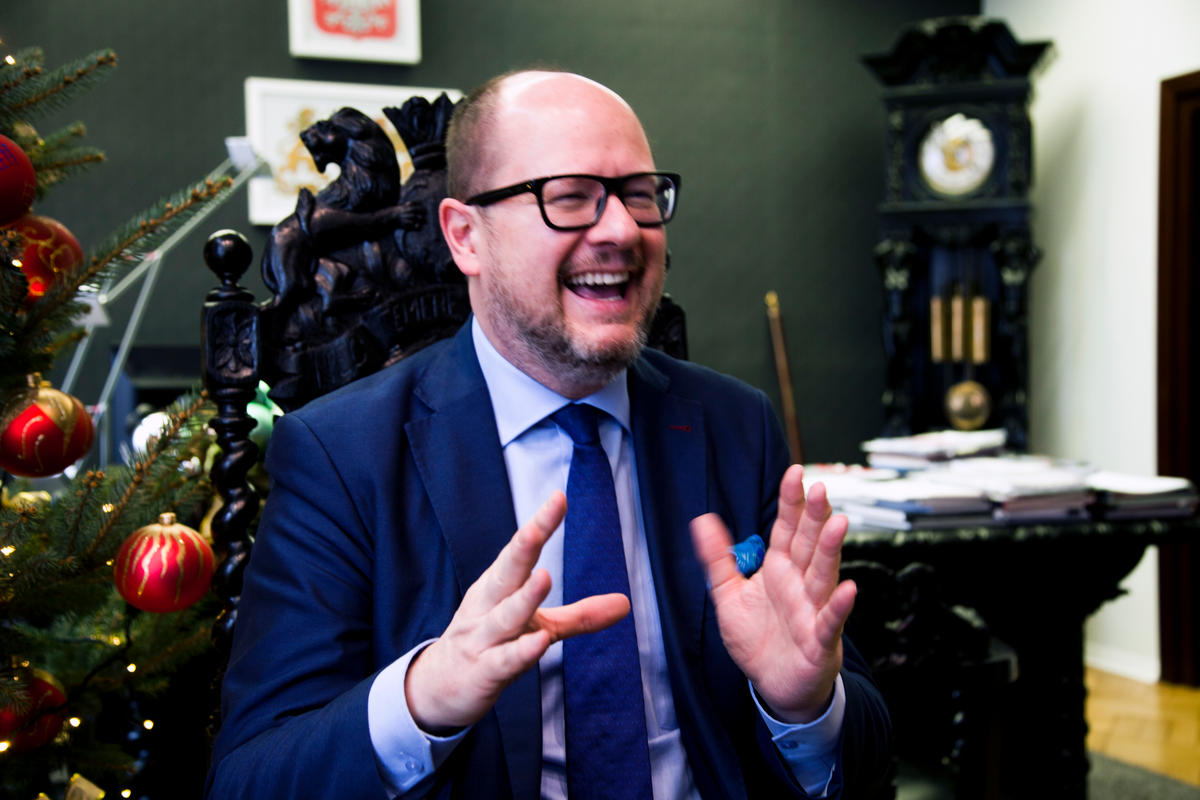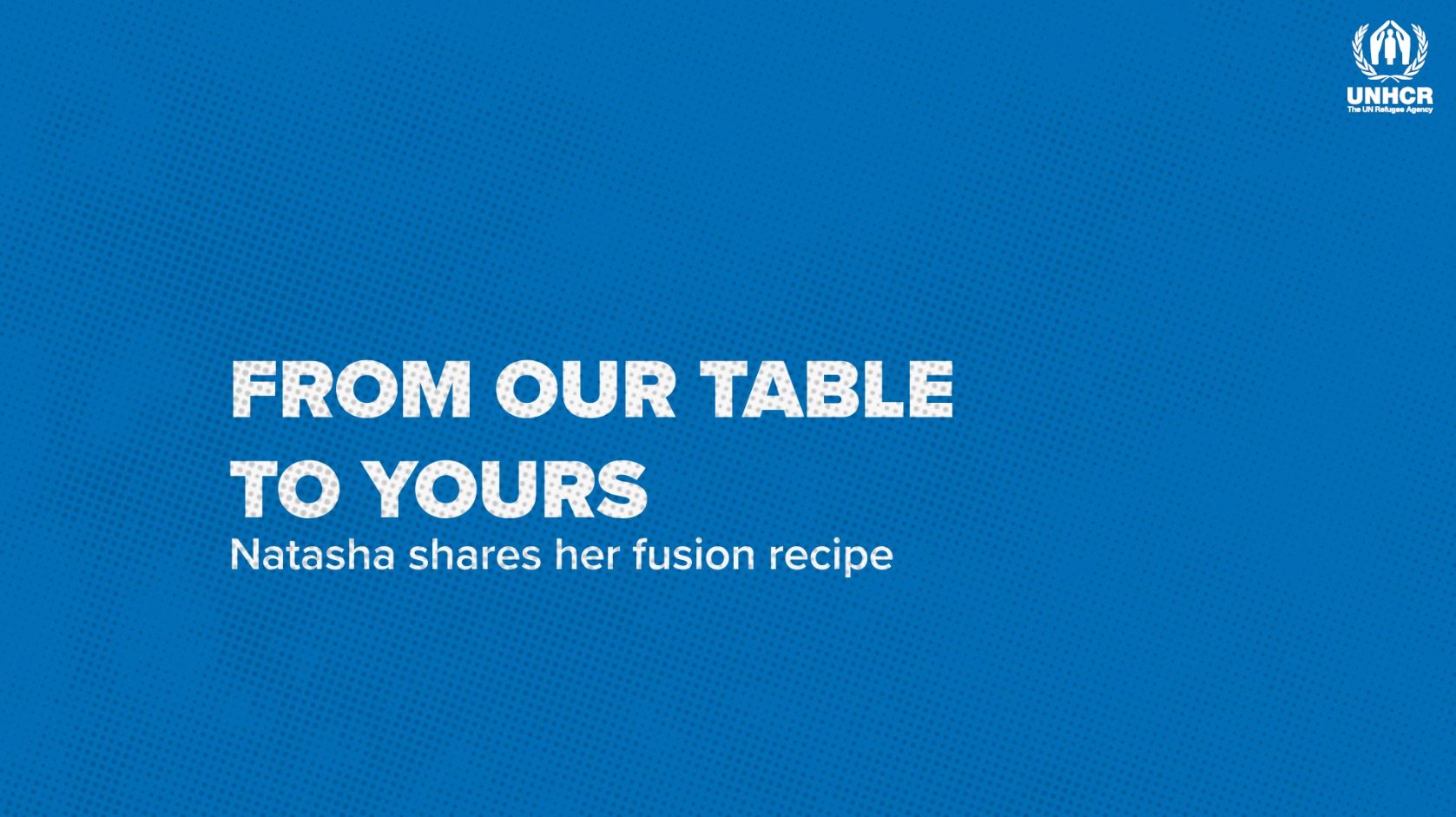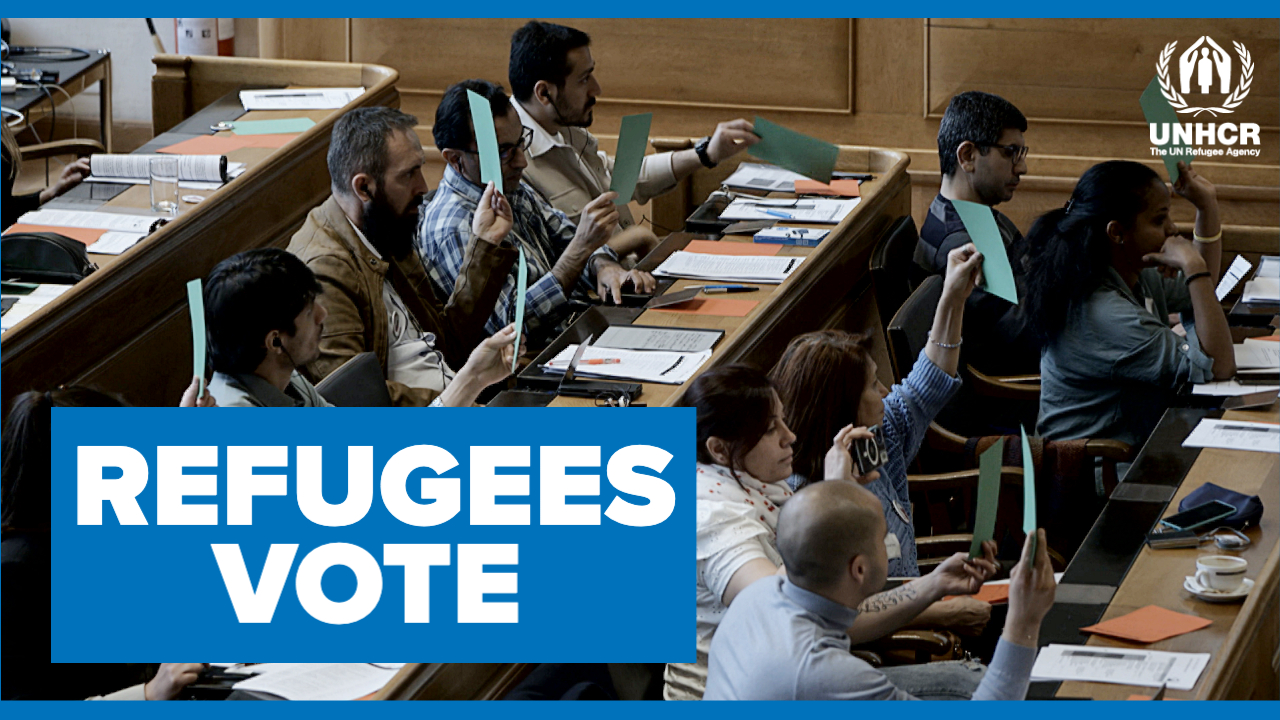Polish city leads the way in solidarity with refugees

Polish city leads the way in solidarity with refugees
The port city of Gdansk once led the fight for freedom from Communism in Poland. Now it is showing a new kind of solidarity – with migrants and refugees.
“For me, it is all about the moral arguments,” says Pawel Adamowicz, the Mayor of Gdansk who, together with a task force, has produced an “Immigrant Integration Model” now being taken up by other Polish cities.
“Most important are our Christian values, the humanitarian obligation to help people. I felt it was up to us to take a lead,” he says.
Although Poland in general has been wary of refugees, Mayor Adamowicz launched the Gdansk Model after meeting Pope Francis in 2016.
“The Pope invited me and other mayors from European cities. It was the first time in my life I had such an opportunity – two intensive days to hear different stories from different parts of Europe. It was an extra source of energy and good motivation.”
"I felt it was up to us to take a lead."
The Gdansk Model is a comprehensive programme to help refugees and migrants integrate. The idea is that individuals and institutions in all spheres, from education and culture to labour and health, should actively include refugees. An advisory council, with 13 migrant representatives, including two refugees, keeps the Mayor abreast of refugee concerns.
Gdansk, with a population of 460,000, is home to some 25,000 refugees and migrants. Most are from parts of the former Soviet Union such as Chechnya and Ukraine, but there are also refugees from Rwanda and Syria.
Zubidat Surkhaev from Chechnya and her 14-year-old son Mehdi have just moved into a new flat with help from the city.
“This is my bedroom,” says Mehdi proudly. “I will hang my guitar on the wall, get a computer table and put up some bookshelves.”
At the city’s European Solidarity Centre – hung with photographs of Polish politician and Solidarity leader Lech Walesa leading striking shipyard workers back in the 1980s – Marianna Zubko, who fled the war in eastern Ukraine, is studying Polish in an evening class for foreigners.
“There are some similarities between Polish and Russian and Ukrainian, so that helps me a bit,” she says.
Language classes are also a feature of the foreigner support programme being run in the nearby Baltic seaside resort of Sopot.
“We’re separate from Gdansk but we exchange experience,” says Jacek Karnowski, the Mayor of Sopot, which only has a few hundred migrants and refugees but is prepared to take more.
“We have quite a lot of local freedom, but we can only go so far because of the law,” he says, “For example, we may wish to invite Syrians for temporary stays for medical treatment but the last word is at the border. Obviously, it would be better if local and national government cooperated.”
“Mayors have a critical leadership role to play."
Both Gdansk and Sopot are open to receiving more refugees if, for example, Poland agrees to take its EU quota of over 6,000 asylum-seekers for relocation from Greece and Italy. In 2015, Poland also pledged to resettle 900 vulnerable refugees from countries such as Lebanon and Jordan. Poland has a population of 40 million.
Back in Gdansk, Mayor Adamowicz, who has received hate mail for his pro-refugee stance and no extra funding from central government, reflects that it is “our policy, our responsibility, our risk”.
But he believes the benefits of openness are obvious: “It is not a loss but a win, as we attract new talents, new skills, new colours, new languages – a new mentality.”
UNHCR’s Assistant High Commissioner for Protection Volker Türk says the Gdansk model is a great example of the way local leaders can set an inclusive tone and foster integration to counter populism and xenophobia.
“Refugees often flock to cities which are inherently multicultural – microcosms of an increasingly globalized world. There is a huge amount cities receiving refugees can learn from each other and it’s immensely encouraging to see the Gdansk model being taken up by other cities,” says Türk who is leading the development of a new blueprint for managing refugee situations worldwide called the global compact on refugees. “Mayors have a critical leadership role to play as we work to forge a more holistic, robust, and inclusive response to refugee situations globally.”
Mayor Adamowicz’s policy will be tested at the polls later this year. Indeed, before he can stand for re-election, he must go through a re-selection process in his own Civic Platform party, when Lech Walesa’s son, the MEP Jaroslaw Walesa, will also be a candidate.
Marta Siciarek who, as President of the Gdansk Immigration Support Centre has worked closely with City Hall on the integration model, says she is willing to work with whoever may succeed him.
“We believe our model is beneficial to all,” she says. “The ball is rolling now and it will be hard to stop.”












